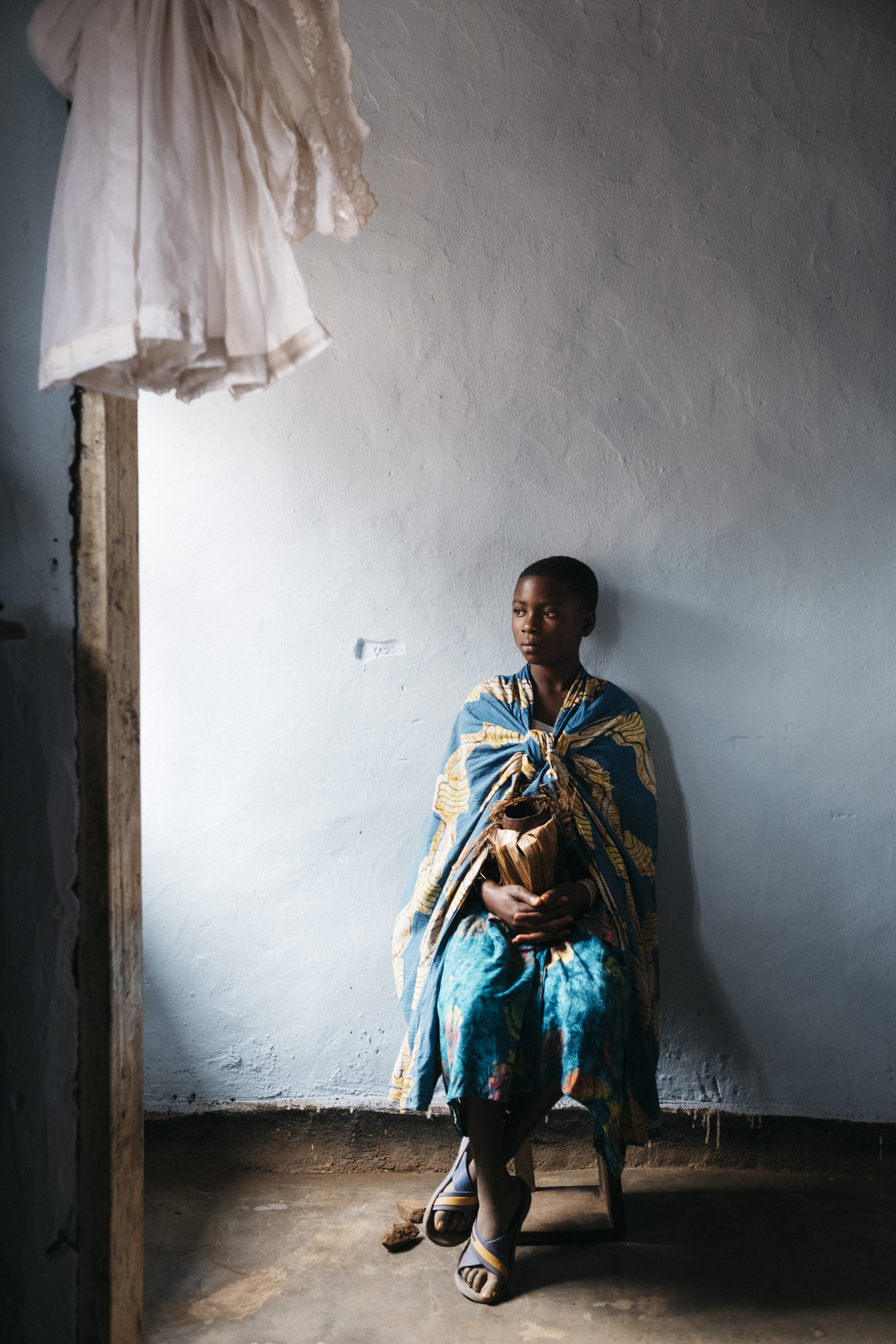Peace cannot be imposed from above. It needs to be nurtured and supported from the ground up. Away from the spotlight, local people are tackling conflicts and crises where they live every day.
Photo: Greg Funnell
What is local peacebuilding?
For many, when they think of resolving conflict, they often think of a peace agreement being signed, the UN, or diplomats in meeting rooms. However, lasting peace, and the people who build it from the ground up, are so much more than that.
Peacebuilding is about dealing with the reasons people fight in the first place and supporting them to manage their differences without resorting to violence. In many locations that barely make it into our headlines, local communities are doing this - working tirelessly to stop violent conflict from destroying lives, and to heal the wounds of war.
Away from the spotlight, local people are already tackling crises where they live: grassroots organisations in conflict zones that are off limits to international aid groups; village leaders preparing for disasters in remote areas that the humanitarian sector can’t reach; doctors and nurses, teachers, community leaders, local aid workers, and everyday volunteers responding to emergencies in their own communities.
In every war zone there are local people addressing the triggers of violence, defusing deadly tensions, healing the divides of conflict and rebuilding lives after war has torn communities apart.




